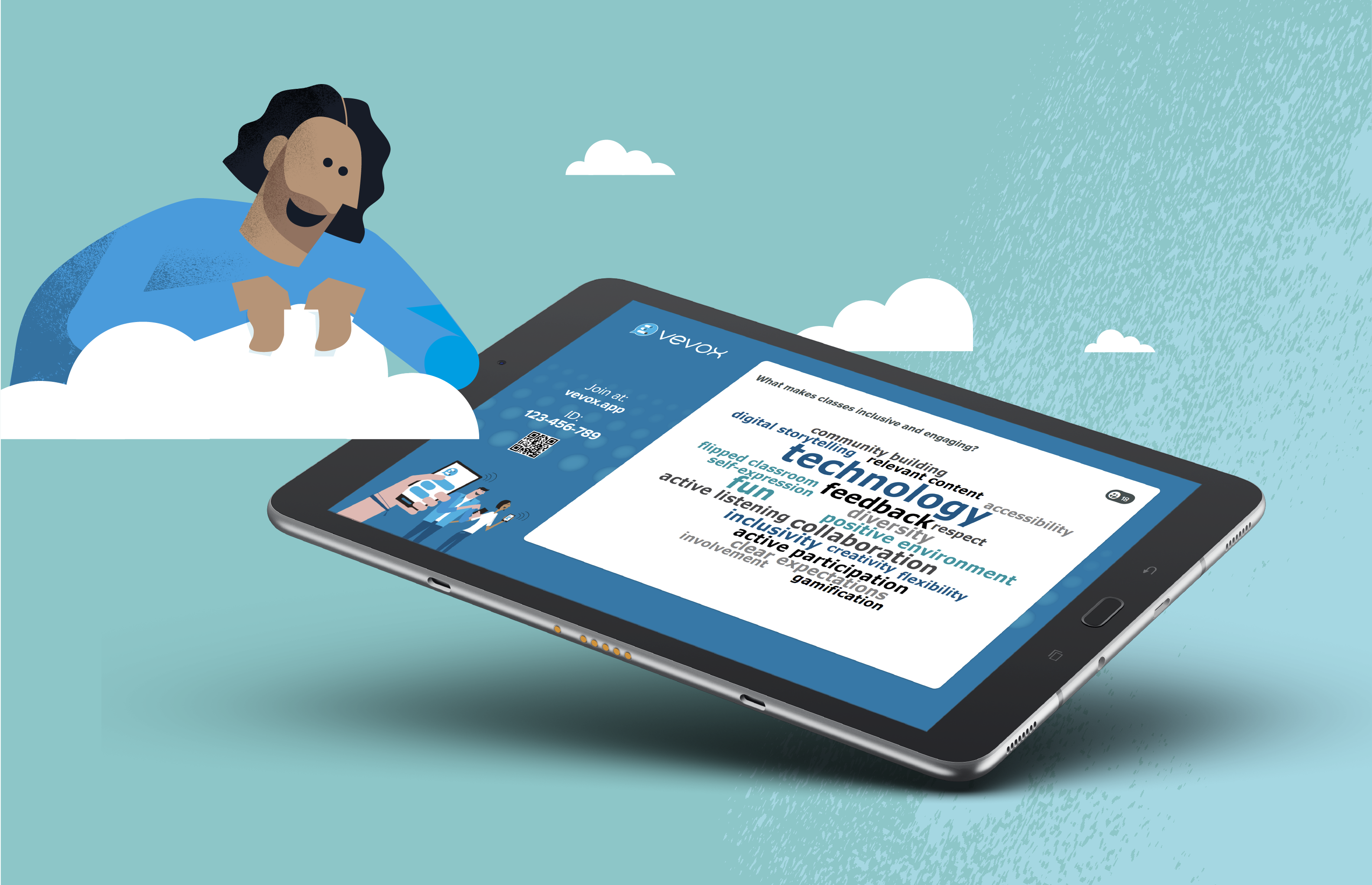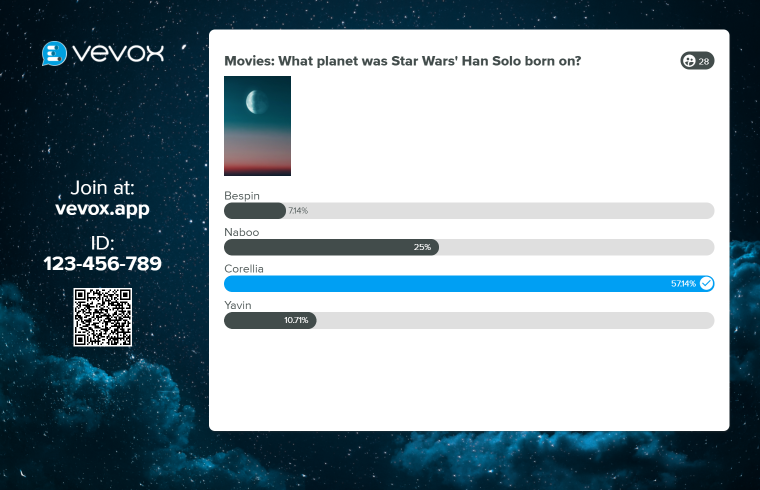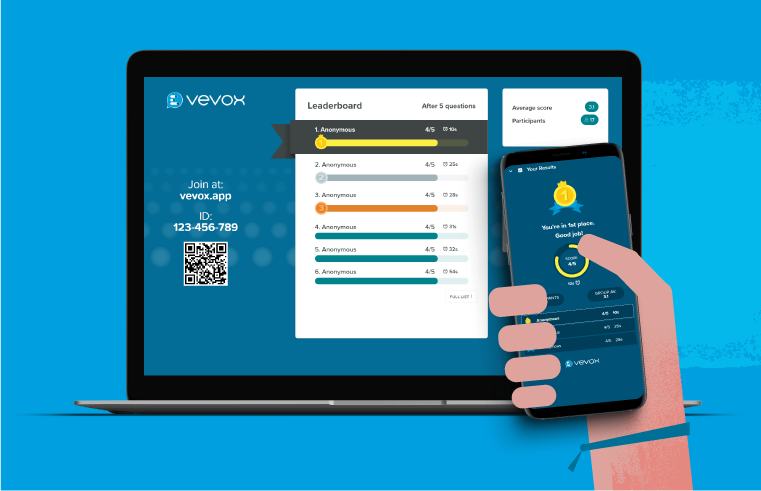As more and more universities are making the switch over to polling apps from clickers, the reasons for choosing clickers over polling apps are becoming more invalid, redundant and harder to justify. In some situations, clickers might be the right fit but for many teachers looking for a student response system solution, there are a few main reasons why customers choose software over clickers.
Are clickers just used as a force of habit? Are they more secure? Let’s discuss the main counter arguments to live polling apps and why there no longer important to lecturers and Universities.
1. You need Wi-Fi to use a polling app. Isn’t that unreliable?
Response: As technology is advancing and the demand for constant connectivity is increasing, education establishments and university IT teams all now provide much higher quality Wi-Fi access. Wi-Fi is key to enabling students to have access to online learning platforms and online information, so it has never been seen as a ‘real’ issue to Universities and they see it as an important investment to attract the best students to learn at their establishment and the best lecturers to teach!
Cloud-based polling tools do rely on some form of internet connection but in Vevox’s case, it doesn’t even have to be Wi-Fi. Telecoms networks are starting to use 5G now, mobile data costs are reducing and latency will be reduced to make internet speeds even faster than 4G! IT and digital learning departments know that students and lecturers expect a robust internet connection these days and providing one is easier than ever. By changing from Clickers to a live polling app, you could even upgrade your Wi-Fi network capability with the money you save!
2. What if my students don’t have or don’t want to bring their own device (BYOD)?
Response: Statista have estimated that in 2019 over 2.72 billion people will have a smartphone, with 90% of the UK population owning a smartphone device, with almost every student and Generation Z using one in everyday life. If not, apps like Vevox also work on laptops and other devices through their internet browsers. More and more people use apps in everyday life now, especially students, and when we have polled audiences, approximately 80% of respondents have either managed or participated with this type of app technology before.
The accessibility factor of using a cloud-based solution completely outweighs physical handsets, especially when considering the logistical limitations and other barriers as detailed in this article. The ability to access applications remotely, especially those for live polling, makes participation and engagement more appealing and more effective.
Clickers are limited by the number of students that can participate as well being able to give access to remote users from around the world to join in. We’ve seen guest lecturers being able to interact with students in a two-way discussion from remote locations, this would not be possible to do with physical response systems. We've seen many Universities showing very high adoption rates for polling apps and using the benefits of customisation and the flexibility of polling apps to their advantage, two major flaws that the clicker device cannot offer.
Some Universities have even used Vevox for larger classes of up to 1,000 students or participants, could you imagine trying to distribute clickers for that many people?
3. Students have to use a login to use an app, and that can be a hassle.
Response: This isn’t necessarily true. Adoption and user-friendliness is important for any engagement technology, so before deciding on which solution to choose, find out what the contenders have to offer. When using Vevox as a participant, you will not need to enter any login details, just a 9-digit ID that you’ll be given by your lecturer or presenter of the session – it’s usually displayed somewhere prominent in the room such as on presentation slides. Vevox sessions are automatically set to ‘anonymous mode’ meaning you won’t be required to enter any personal details. If the teacher wants responses to be identifiable then you will be prompted to enter a name when you join the session.
This particular counter argument is probably less about convenience and more about data security, especially in the era of GDPR. Vevox is fully GDPR compliant and working towards ISO certification so if your considering Vevox, you can rest assured. If you have questions see our GDPR page and Privacy policy.
Still not convinced? As we said at the start, a polling app might not be for everyone. If you’re still curious, find out the main reasons why customers are switching to polling apps from clickers?.
If you're wanting to learn more about how customers like yourself have switched from clickers to digital audience response systems, then download our guide "From Clickers to the Cloud".



.png)
